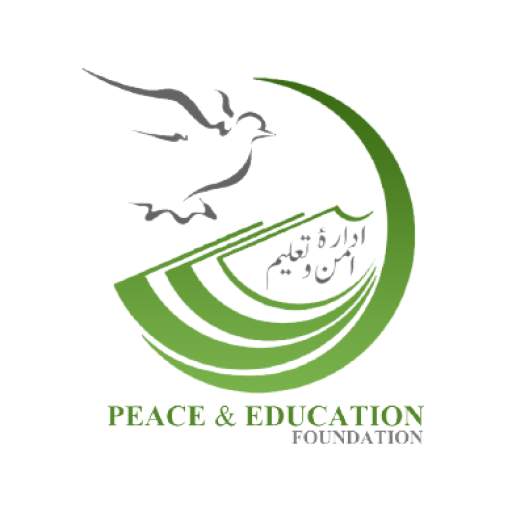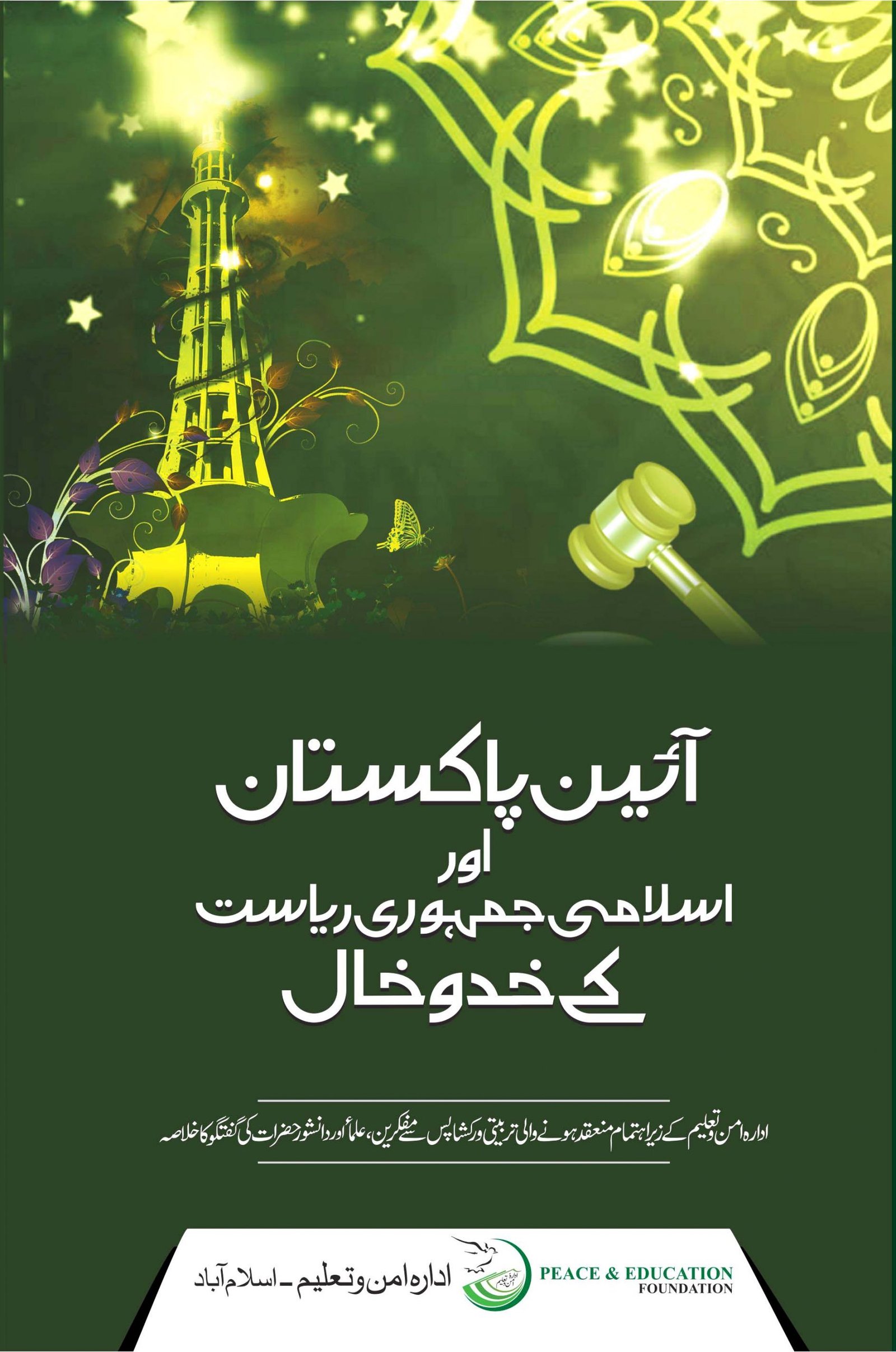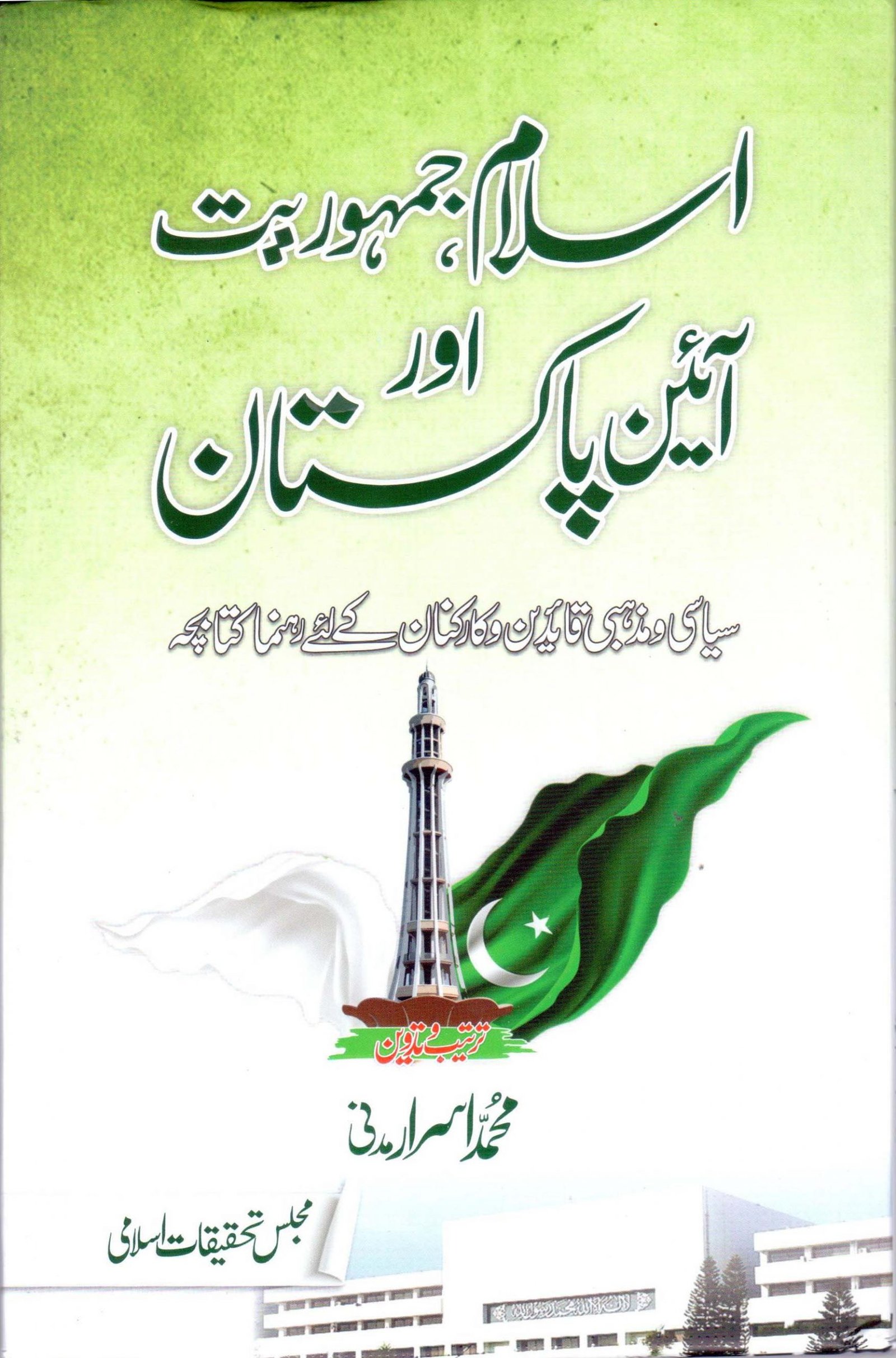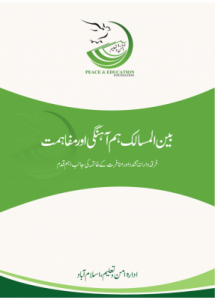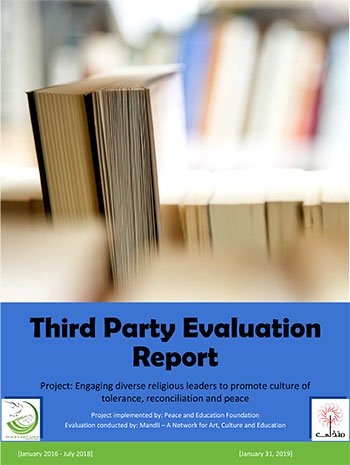To outside observers who see religious leaders as impediments in the way of peaceful coexistence and pluralism in Pakistan, it might be difficult to imagine that a Muslim religious leader can be welcoming to these ideas.
In this issue, we are sharing a story of an eminent Muslim leader who is member of the Jamiat Ulema Islam (JUI), a political party that plays a vital role in shaping the opinions and political behaviors of the religious leadership and masses in Pakistan. He has previously worked as an editor for a notable religious journal and has written several books on Islam. After attending the PEF Interfaith Training Workshop, he was not only open to the idea of pluralist societies, but also an advocate of it. When he noticed that PEF creates a safe and judgment free environment in its workshops, he openly acknowledged the stereotypical and biased views that he had about non-Muslim Pakistanis prior to attending the workshop.
I believed that Pakistan came into being through a two nation theory, so there was no question for minority rights in a Muslim country. Now I realize that we have been marginalizing and excluding non-Muslim Pakistanis by denying them equal rights as citizens of Pakistan. It’s our prime responsibility to become well-informed about their problems and find ways to solve them.
The ‘two-nation theory’ is a very pervasive black-and-white way of thinking among an overwhelming majority of the population and religious leaders. It is fostered over the years when minorities are accused of exhibiting subversive behavior-whether it be religious, economic, social and political. As result, interfaith engagement often becomes difficult and is made taboo.
In an effort to raise awareness of minority rights and issues, the leader has promised to dedicate his time to reduce faith and custom-based violence in his area. It would require meeting with the non-Muslim Pakistani leaders and communities, discussing their challenges as a minority, and increasing their representation in religious and political circles.
“When I return, I will visit a nearby church and meet with the pastor that I had avoided for so long. By being a political leader, I will use my position to support and become a symbol of equal rights for my non-Muslim brothers and sisters”
Additionally, he is eager to launch women’s rights campaigns that aim to protect young women from forced and early-age marriage.
